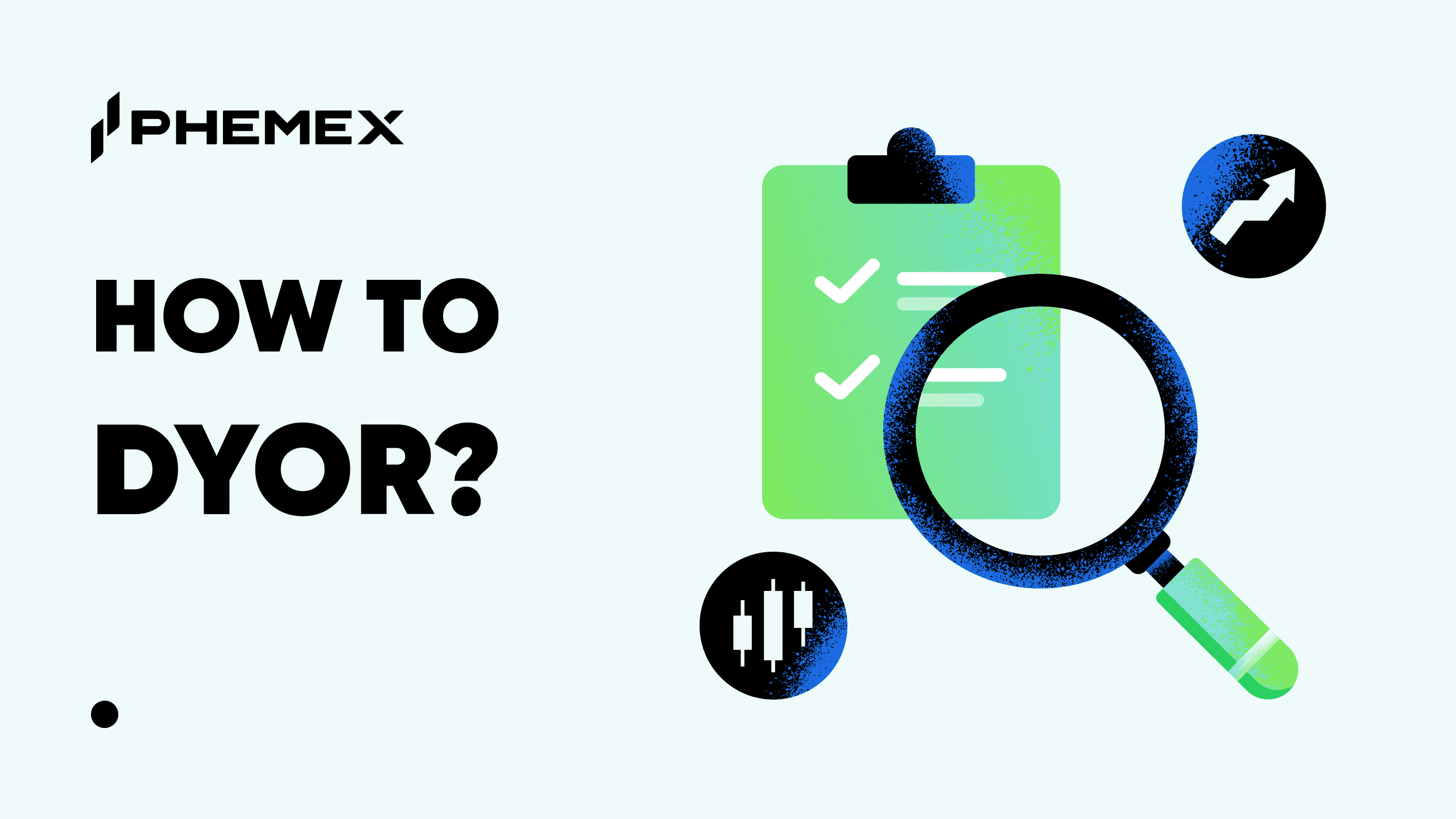Crypto tokens embody assets or utility on a blockchain that supports token creation, different from cryptocurrencies that are designed to be digital currencies. While both share blockchain technology and can hold value, cryptocurrencies primarily function as digital money, facilitating transactions, payments, and serving as a store of value.
Tokens frequently initiate their journey through an Initial Coin Offering (ICO), a fundraising method resembling crowdfunding. During an ICO, tokens are generated, distributed, and sold to raise capital for new projects, with the potential for circulation within the market following the event. These tokens can represent a variety of interests or assets, from shares in a company to access to a service provided by the issuing project.
The Rise and Evolution of ICOs
The period between 2012 and 2016 marked a gradual increase in crypto token creation and initial coin offerings (ICOs), culminating in a surge in 2017. This boom saw developers, entrepreneurs, and unfortunately, opportunistic scammers launching tokens to capitalize on the fundraising frenzy. The rapid proliferation led to increased scrutiny and warnings from regulatory bodies regarding the potential risks of ICOs.
Post-ICO Landscape
The ICO bubble eventually popped in 2018, leading to the advent of initial exchange offerings (IEOs). In this model, cryptocurrency exchanges vet and launch token offerings, purportedly offering a layer of security to investors. Despite this, the risk of scams persisted, prompting further warnings from regulators. These authorities also advised exchanges that they might fall under regulatory requirements as brokers or alternative trading systems if they facilitated fundraising.
Despite the shift in the landscape, ICOs persist as a means of fundraising, with whitepapers detailing the proposed use of funds and the benefits for investors.
How Crypto Tokens Work?
Crypto tokens leverage encryption algorithms and cryptographic techniques to ensure secure transactions on the blockchain. While cryptocurrencies are built as secure payment systems, tokens are typically the operational units within blockchain ecosystems, often crafted using established protocols like Ethereum’s.
Tokens can embody various forms of value or rights within a blockchain network. They might represent loyalty points for a retail program, viewing hours for a streaming service, or even other cryptocurrencies. These tokens can be traded or used for transactions within the blockchain's ecosystem.
Investors utilize tokens for diverse purposes, such as holding them as a stake in a project or for trading. For instance, with Bluzelle, tokens can be staked to participate in network security, earning transaction fees and rewards in the process.
Crypto Tokens vs. Cryptocurrencies
Cryptocurrencies, with Bitcoin (BTCUSD) being the most renowned, serve the primary purpose of digital payments within the blockchain framework. Following Bitcoin's success, numerous alternative cryptocurrencies, or "altcoins," emerged, claiming to improve upon Bitcoin's limitations. Examples include Litecoin (LTCUSD), Bitcoin Cash (BCHUSD), Namecoin, and Dogecoin (DOGEUSD). While successful to varying degrees, none have reached the level of Bitcoin's widespread adoption.
Crypto tokens, in contrast, thrive within the blockchain environment, enabling decentralized applications (DApps) and smart contracts. They often begin their life cycle through an Initial Coin Offering (ICO) and then transition to functioning within the blockchain ecosystem.
The Role of Tokens
Crypto tokens can represent a stake in the blockchain project or fulfill economic functions similar to money. They're not just for transactions; they can also be used for purchases or trades, much like securities, potentially yielding profits for holders.
Is Bitcoin a token?
Bitcoin can be considered a token as it represents value within its system. However, the term 'token' within the crypto community often refers to digital assets other than Bitcoin and sometimes Ethereum. Tokens typically have functionalities beyond mere currency, such as representing assets or utility within a platform.
Types of tokens
The function of tokens is incredibly diverse and continues to expand as the crypto sector evolves. Currently, tokens can be broadly classified as:
Utility Tokens
Offer users access to services or products within a blockchain platform or DApp, like cloud storage or DeFi platforms.
Security Tokens
Signify ownership of an underlying asset, subject to regulatory oversight, and may provide dividends, voting rights, or profit sharing.
Governance Tokens
Give holders the power to influence decisions regarding the project's direction, protocol modifications, or fee structures.
Non-Fungible Tokens (NFTs)
Each is distinct and indivisible, representing unique digital items such as art, collectibles, or virtual property. Their uniqueness and ability to verify ownership have made NFTs particularly popular in the digital space.
Use cases for tokens
Crypto tokens have a myriad of applications across different industries, providing novel solutions and enhancements to traditional systems:
Financial Sector: Tokens pave the way for decentralized finance (DeFi) by facilitating platforms for peer-to-peer lending, decentralized insurance, and asset management. These platforms often promise increased efficiency, heightened transparency, and better accessibility.
Supply Chain Oversight: In supply chain management, tokens can authenticate and track goods, ensuring that each item's history is transparent and immutable, thereby minimizing the risk of fraud and counterfeit items.
Democratic Processes: Tokens offer a method for secure, transparent voting, which could revolutionize governance models within organizations or even national elections.
Creative Industries: The emergence of NFTs has transformed the arts, music, and gaming sectors. Artists can directly monetize their work through NFTs, and collectors gain a verifiable method of ownership, making it easier to showcase and trade digital assets.
Read More
- What is a Token Generation Event (TGE)? How Does it Work?
- What is Cryptocurrency & How does it Work?
- Asset Tokenization: Tokenize Real-World Assets on the Blockchain
- Security Token vs. Utility Token in Crypto: What are The Differences?
- What is a security token offering (STO)?
- What Are Non-Fungible Tokens (NFTs): Introduction to NFTs
- What is Cryptocurrency & How It Differs From Digital Cash
- What Is an Exchange Token?







